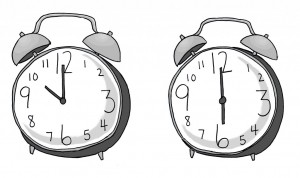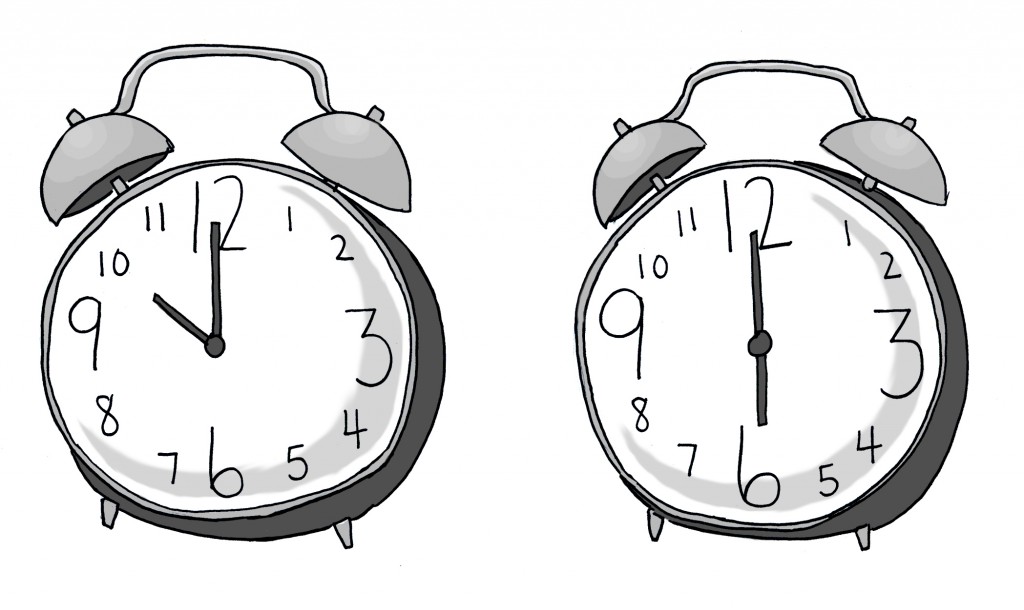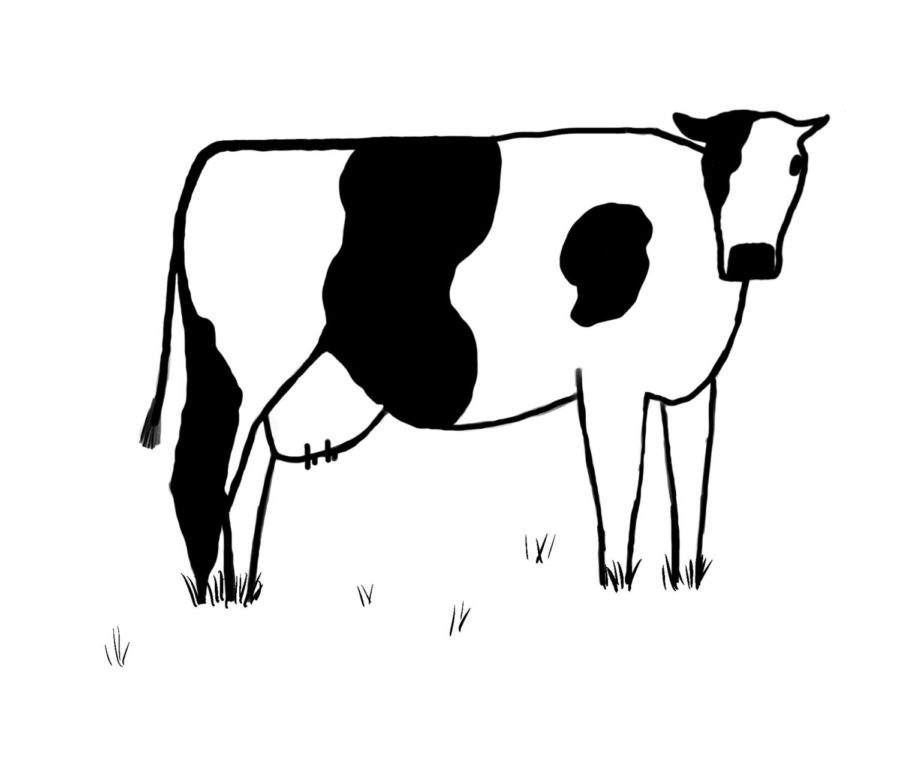The concept of fasting was developed centuries ago in order to comply with religious demands. Some religions, such as Buddhism and Catholicism, fast in out of respect during certain religious observations.
While there are many reasons to fast, the most popular reasons, in addition to religious purposes, are weight loss and improved health.
Fasting is when one allows a longer than normal period of time to pass before eating, as opposed to the standard breakfast, lunch and dinner times.

According to George Cranston, a writer for Health Guidance, while your body is losing fat, it is able to detoxify itself through fasting.
While many fast to cleanse and are well aware of the detoxifying effects, it is not scientifically proven to be effective. A common misconception for people who aspire to lose weight by fasting is that the weight loss is long term.
The idea behind fasting is that by using self discipline to refrain from eating, you will be able to use this self discipline in order to stick to a healthy diet.
Intermittent fasting has been a popular diet in order to promote weight loss. To fast intermittently is to eat in controlled periodic irregular intervals.
With this diet, one must eat in a certain window period, then fast in a given window period.
One example of this kind of diet is only eating between 10 a.m. to 6 p.m. Afterwards, one would fast from 6 p.m. to 10 a.m. the next day.
In order for this diet to be noticeably successful in a short amount of time, one should consider eating fresh foods and stay away from foods with high amounts of carbohydrates and sugars.
It is crucial to choose healthy food options during intermittent fasting to reduce any lurking health risks.
In order for this diet to be beneficial, one is recommended to start their eating window period at a higher value such as eight hours, then fast 16 hours.
With time, your body will begin to adapt and you can decrease your window period to smaller increments for faster results.
The ideal result of Intermittent Fasting is to burn more calories than consumed. This should lead to weight loss.
It’s recommended to consult a doctor before fasting or making any dieting decisions. It’s also wise to keep in contact with a doctor to observe your progress.













